
Andrew Mitchell (2nd from right) exchanging the signed document with John Kumah (left) as Vice President Dr. Mahamudu Bawumia and other dignitaries look on
The British government has commended Ghana for how well it has handled the Internal Monetary Fund (IMF) conditionalities.
It applauded the government for managing to stay on track without defaulting on any of the agreements signed for the bailout, and urged it to continue with the conditions in order to alleviate the economic pressure on Ghanaians. This, they said, had led to the release of two tranches of bailout packages to the country.
This ensued at the UK-Ghana Business Council’s (UKGBC) ninth meeting, which was held at the Jubilee House. The meeting was co-chaired by Vice President Bawumia, and the UK Minister for Development and Africa, Andrew Mitchell.
Mitchell thus expressed delight at Ghana’s handling of the IMF deal.
New Plan
He took the opportunity to announce the UK government’s plan to design new programmes for Ghana’s long-term finance and economic stability.
The UK’s roadmap for international development partnerships with the white paper, he said, will focus on modern equal partnerships and economic growth, a document, which according to him, was given kind endorsement by 20 heads of state globally, including Ghana’s President, Nana Addo Dankwa Akufo-Addo, during a meeting in the UK.
With that, the British government official said UK would continue to support and deepen mutual trade and investments with Ghana, to create jobs for many Ghanaians and ensure economic prosperity.
Under the climate finance, Mitchell said, the UK government had approved a replenishment fund for the Green Planet Fund, to support climate change mitigation measures.
He acknowledged the historic relations and common values shared by the UK and Ghana, and pledged to continue nurturing that friendship for their mutual benefits.
On his part, Vice President Bawumia said Ghana and the UK have had fruitful bilateral and economic relations spanning over several decades, which continue to remain strong due to mutual benefits in many areas.
Confidence
He was, therefore, of the belief that the UKGBC platform would strengthen strategic partnerships in various areas, and expressed optimistism about future trade prospects between the two countries.
That, he said, was part of the reasons there has been an improvement in trade relations between both countries since the establishment of the UKGBC in 2018, with Ghana receiving projects in road infrastructure, agro-processing, textiles and garment, pharmaceuticals, and airport infrastructure development, among others.
Apart from that, he said it has also enhanced Ghana-UK trade partnership agreements, market access and commercial opportunities, noting that commerce and trade between the two countries have been encouraging. Major exports from Ghana including cocoa, canned tuna and banana improved, he said, while goods like machinery, electronics and chemicals imported from the UK saw massive boost.
Dr. Bawumia, therefore, insisted Ghana remains the most attractive business destination in Africa for Foreign Direct Investment (FDI).
He hoped the platform would expand trade and investment, and explore opportunities provided under the African Continental Free Trade Area (AfCFTA), to boost trade and investment with Ghana providing market access to 1.3 billion Africans.
The Vice President was hopeful that the partnership would grow stronger and explore other areas including transition to electronic mobility in public transport.
The UKGBC has facilitated several projects in Ghana including the Kumasi International Airport, Eastern Regional Hospital, Children’s Block at the Komfo Anokye Teaching Hospital, Tema-Aflao highway, and Aqua-Africa drinking water project in 16 towns.
Decisions
A joint communiqué issued after the meeting signed by Deputy Minister of Finance, Dr. John Kumah and the UK Minister for Development and Africa, Andrew Mitchell, said the Council members, among others, discussed the global climate finance architecture, and welcomed Ghana’s commitment to unlock climate financing, to support a pipeline of impactful climate activities in areas such as carbon finance blends, EVs, shipping and a hydrogen economy.
It also welcomed UK’s announcement of the Green Cities and Infrastructure Technical Assistance Programme for Ghana. The programme will focus on delivering climate finance, low-carbon, climate-resilient infrastructure, and support cities to become hubs for innovation, while bolstering sustainable economic growth.
Members welcomed the successful auto sector investor mission, which took place from January 22 to 26, 2024. It brought together leading UK automobile companies to explore opportunities in Ghana’s auto sector.
Against this backdrop, members agreed to work collaboratively to identify opportunities to support Ghana’s industrial transformation in the auto and E-mobility industry, pharmaceutical manufacturing, and garments sector.
The Council welcomed the signing of the Memorandum of Understanding (MoU) between the UK’s Society Motor Manufacturing and Traders’ Industry Forum and the Ministry of Trade’s Auto Development Centre, agreeing to pursue skills, knowledge and technology transfer partnerships, as part of the JET programme.
They also celebrated the first investments into Ghanaian businesses by British International Investment’s Growth Investment Partners fund.
Council members witnessed the signing of the Science, Technology and Innovation MoU which will drive economic prosperity through science and technology.
The co-chairs acknowledged the significant progress made by the Council since its inception in 2018.
Council members agreed to continue to advance work on the UKGBC priority sectors to deepen the UK-Ghana relationship, while it explores other areas such as climate, finance and electric vehicles. Members agreed to convene at the next UKGBC meeting in summer 2024.
The UK’s Minister of State, Development & Africa, was accompanied by UK’s Trade Envoy to Ghana, Baroness Kate Hoey, and UK’s High Commissioner to Ghana, Ms. Harriet Thompson.
By Charles Takyi-Boadu, Presidential Correspondent

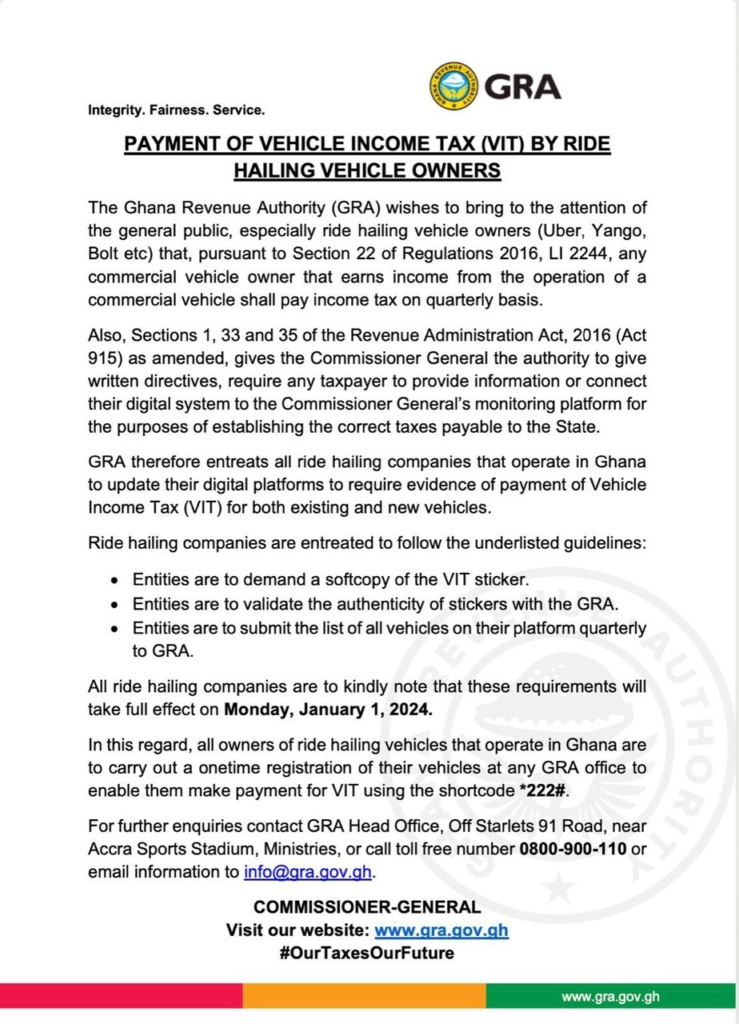
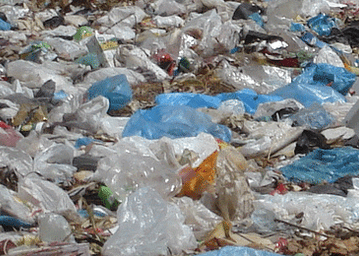

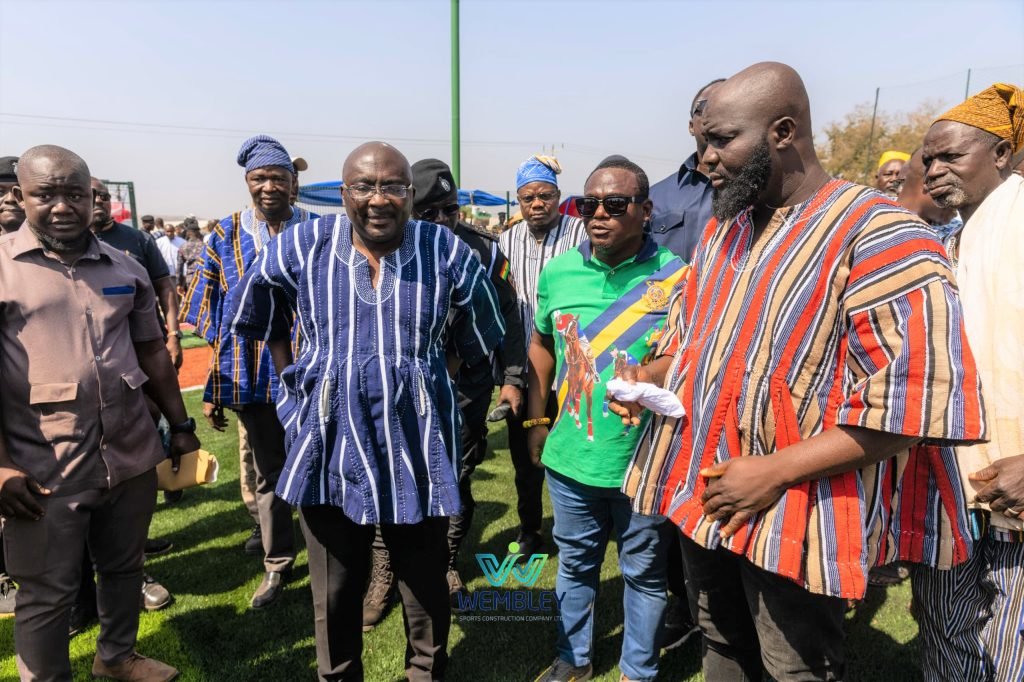
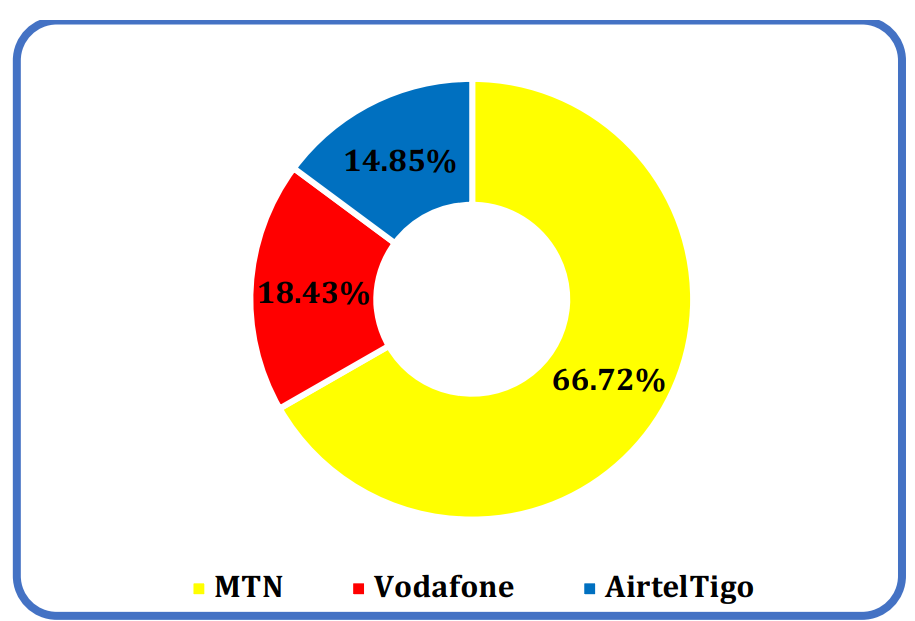
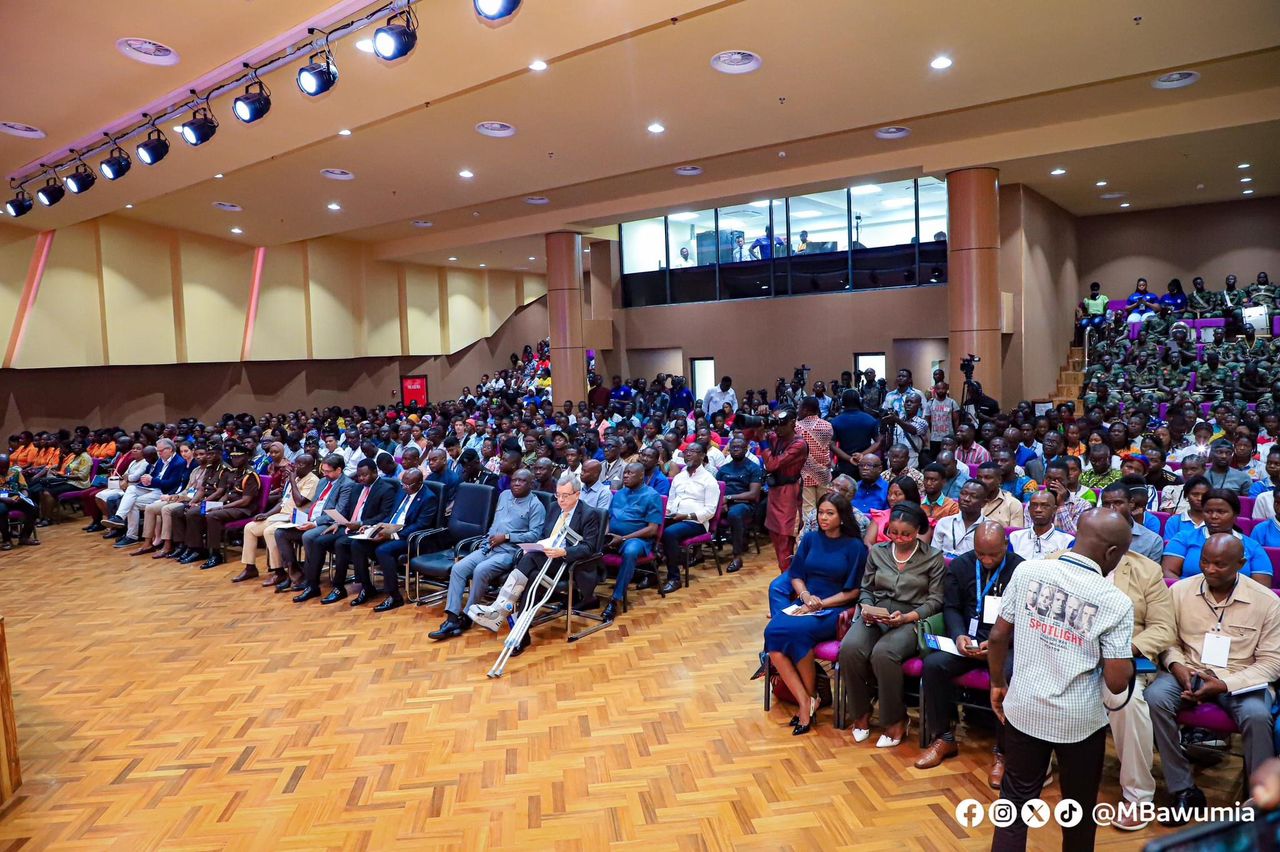
















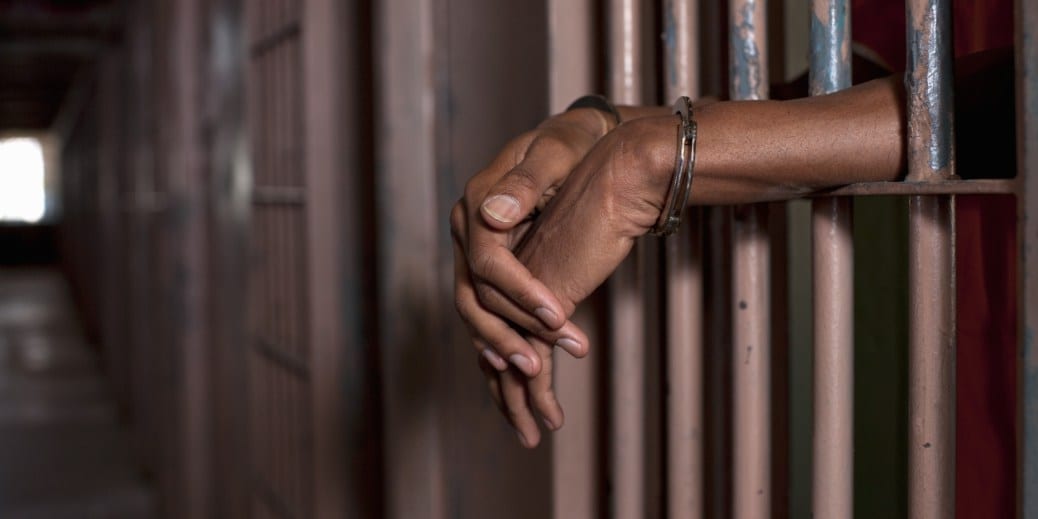

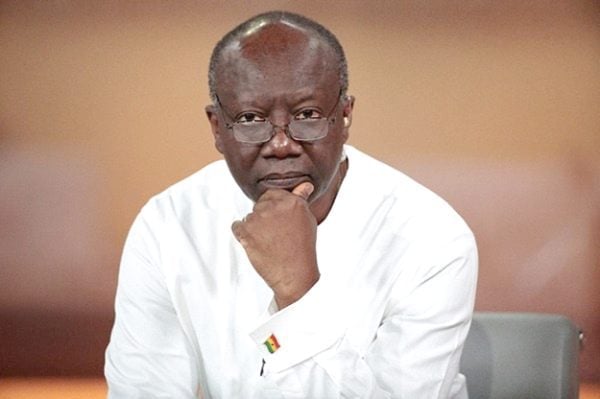


Facebook
Twitter
Pinterest
Instagram
Google+
YouTube
LinkedIn
RSS